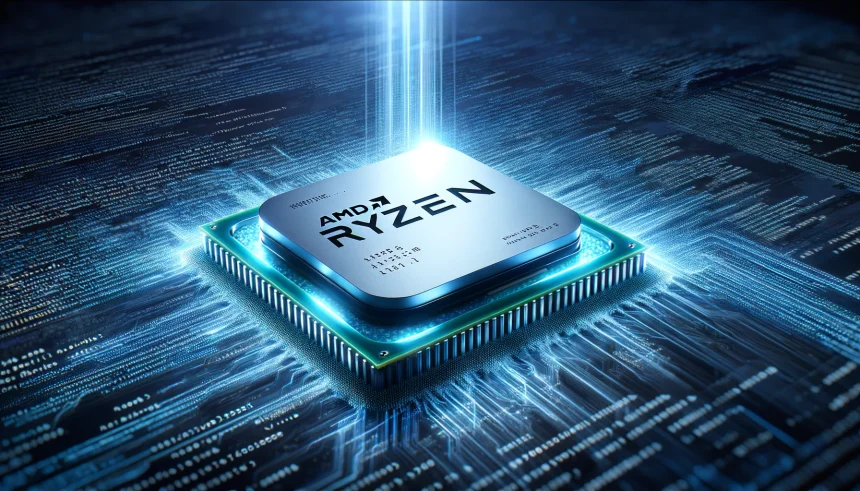Advancements in artificial intelligence are poised to revolutionize the landscape of gaming, and AMD is positioning itself at the forefront of this evolution. Dr. Lisa Su, AMD’s CEO, envisions a future where AI is integral not only to game development but also to the user experience. This strategic direction aims to empower developers and enhance gameplay, illustrating AMD’s commitment to innovation in the gaming industry.
AMD unveiled its next-generation Ryzen 9000-series gaming CPUs and Ryzen AI chips during the Computex 2024 keynote. These new products represent distinct categories within AMD’s offerings, but they share a common thread: the integration of AI. The Ryzen 9000-series targets high-performance gaming, while the Ryzen AI chips are designed for advanced computing tasks, including AI-driven applications.
In recent years, AI has been utilized primarily as a creative tool for developers. However, Dr. Su suggests that this is just the beginning. She believes AI will become more pervasive in gaming, used not only for development but also to enhance the gaming experience itself. This trend is already evident in how competing companies like Nvidia use AI for upscaling and frame generation.
AI Integration in Gaming
Currently, Nvidia employs AI through the Tensor Cores in its RTX graphics cards to upscale images and manage frame generation, significantly reducing the need for complete pixel rendering. This approach results in a smoother gaming experience, albeit with proprietary hardware requirements. AMD’s stance has traditionally been more conservative regarding such proprietary implementations.
Contrary to Nvidia, AMD’s upscaling technology does not yet incorporate AI, but it delivers a comparable gaming experience. The potential addition of AI could refine AMD’s FidelityFX Super Resolution (FSR) technology, narrowing the gap with Nvidia’s offerings. With strategic AI integration, AMD could enhance its competitive edge in the gaming market.
Valuable Insights
– AI in gaming could go beyond development, influencing gameplay directly.
– Nvidia currently leads in AI-driven upscaling and frame generation.
– AMD’s future products may incorporate AI to improve their technology.
The push toward AI in gaming is a significant shift. AMD’s upcoming products, potentially enhanced by AI, indicate a strong commitment to keeping pace with competitors and setting new benchmarks. For gamers, this could mean more immersive and seamless experiences. Observing how AMD integrates AI without compromising accessibility will be crucial, as this balance could redefine gaming standards.










